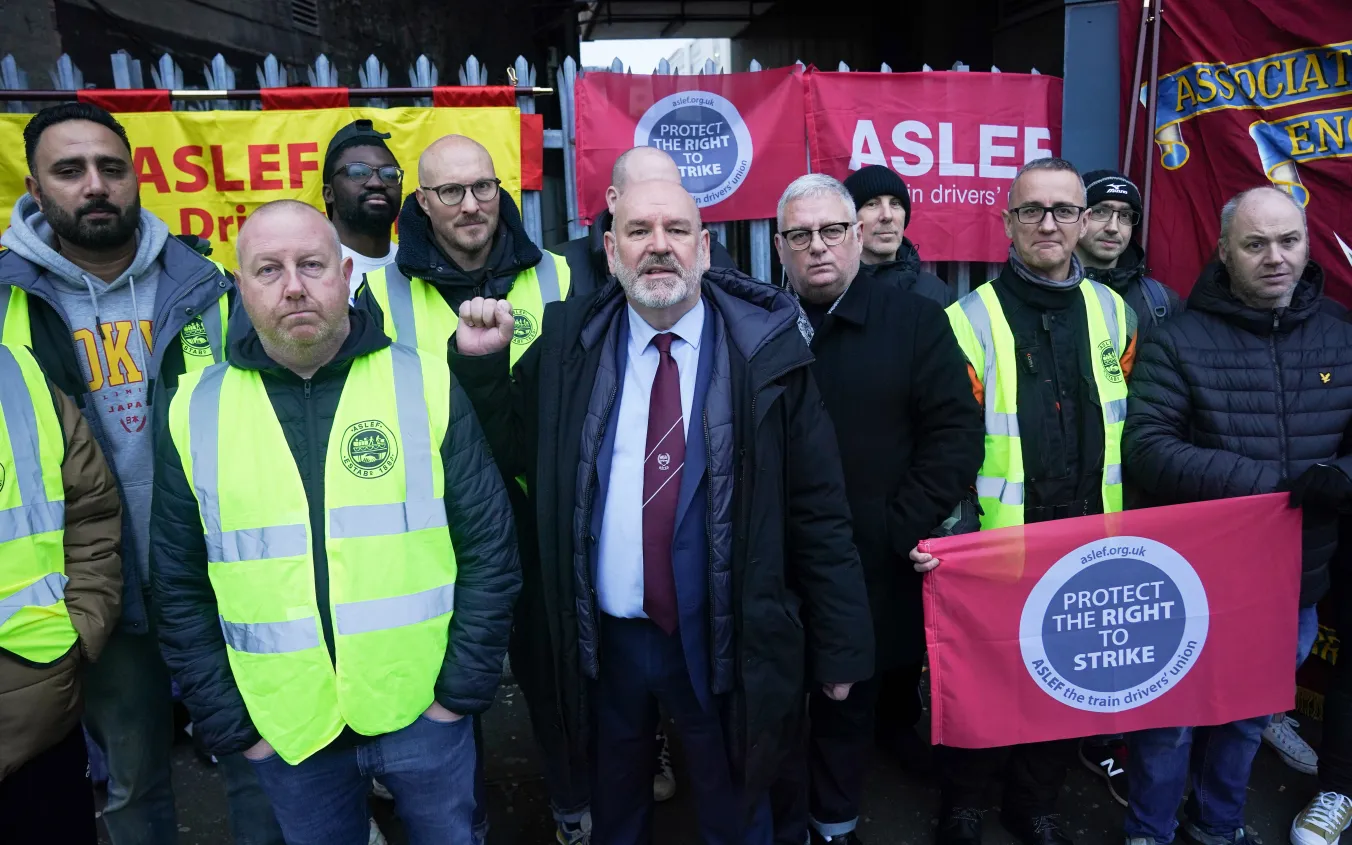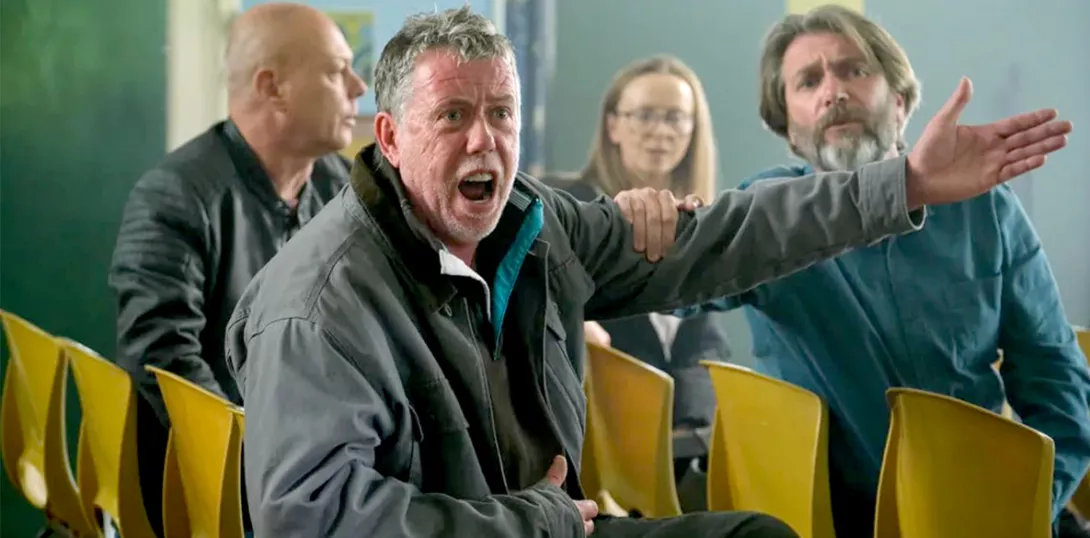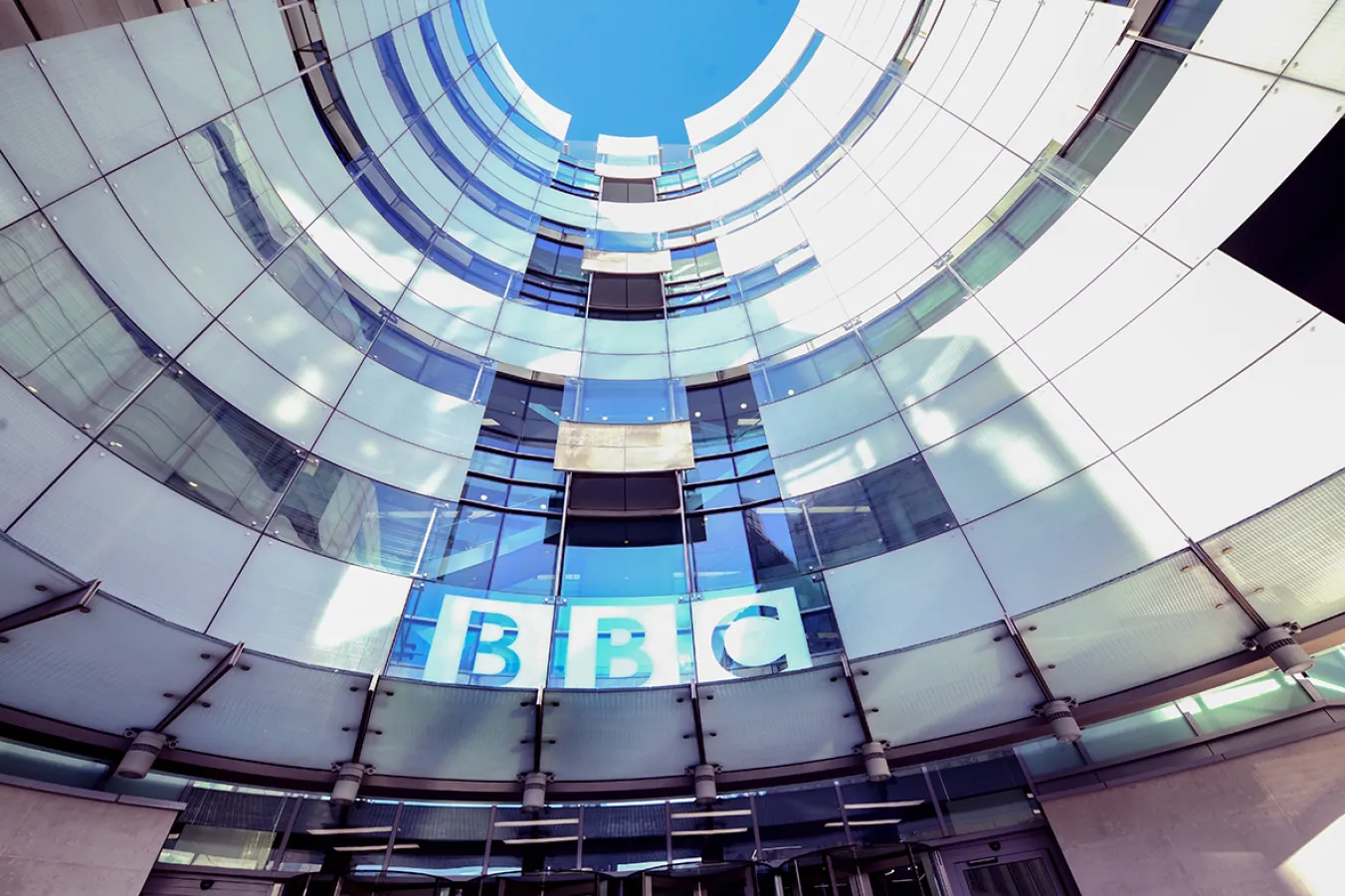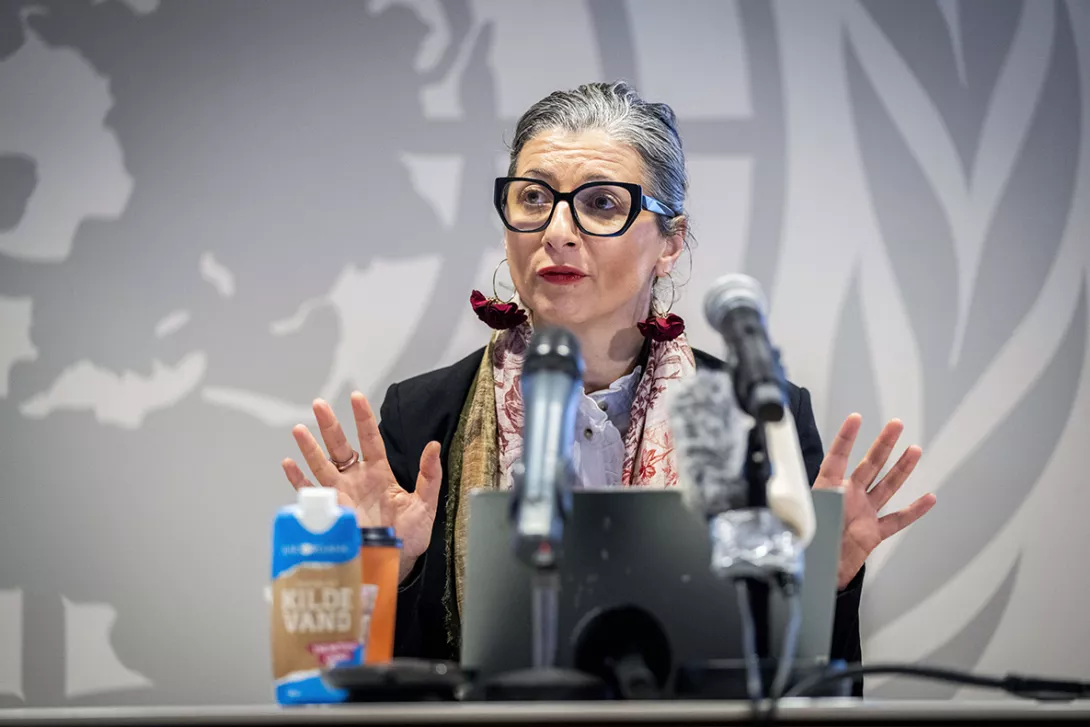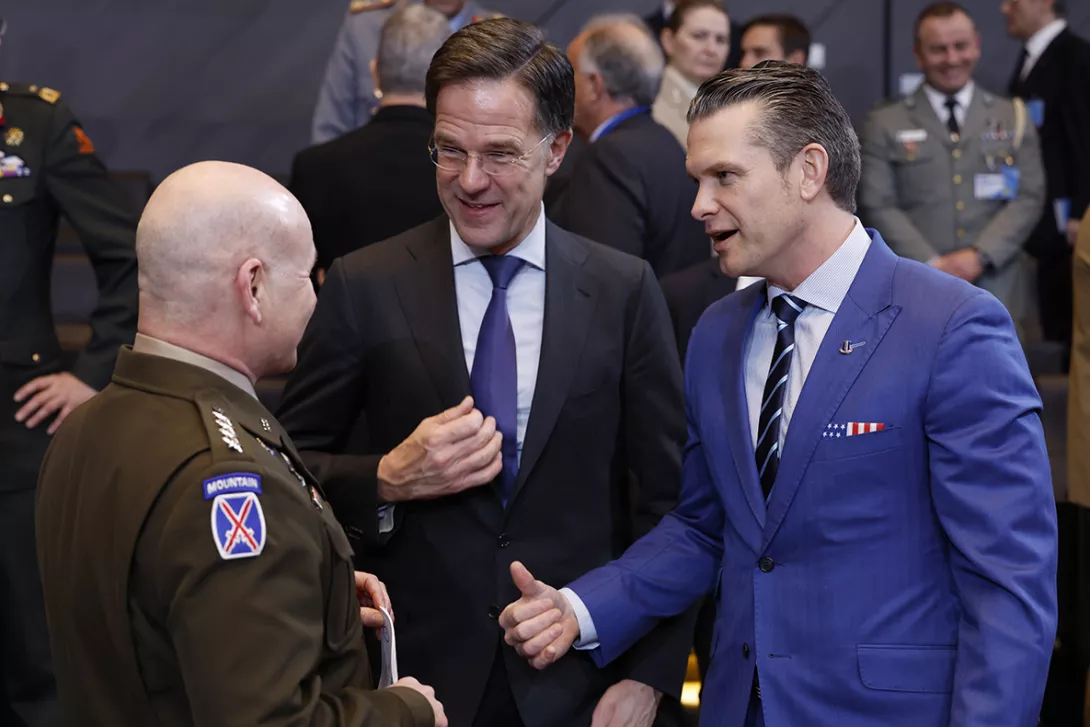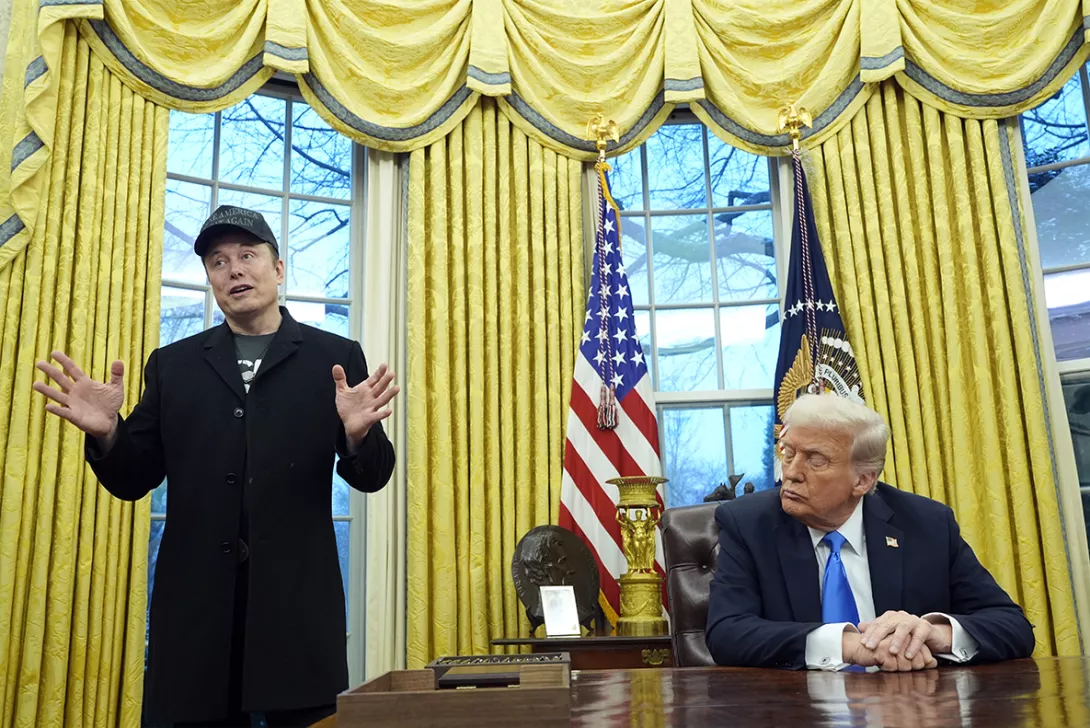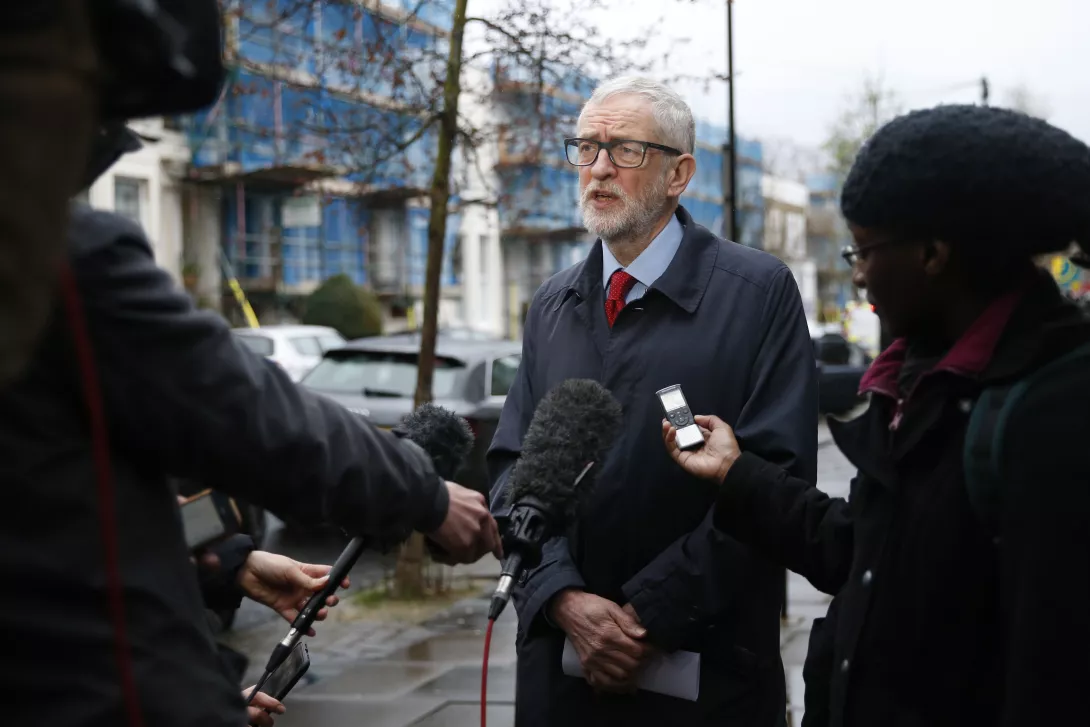
BRITAIN’S media has shut out working-class voices. That was the message from playwright James Graham and TV presenter Carol Vorderman delivering the MacTaggart and Alternative MacTaggart lectures at the Edinburgh Festival.
With Benjamin Netanyahu setting fire to the Middle East and Keir Starmer echoing David Cameron’s lies from 14 years ago claiming spending cuts will heal a broken economy, dwelling on what Graham terms “everyone’s least favourite diversity and representation category” might seem trivial.
But the domination of British media by an ever closer circle of self-referential elite voices stifles democratic debate and allows the ruling class to present its propaganda unchallenged.
Neither Vorderman nor Graham focused on the media’s political bias. But this is intrinsically linked to the exclusion of working-class voices from the public realm. To quote Vorderman: “Working-class people feel they are not represented … the lack of opportunities and lack of money and jobs is not represented.”
We have seen the political consequences. TV and newspaper pundits were blindsided by the popularity of Labour’s socialist programme in the 2017 election.
Most hated the Jeremy Corbyn leadership of Labour, and many engaged in the systematic campaign to vilify the man and the movement, but it was also clear that they were genuinely bewildered by it.
The stubborn attachment of the majority of British people, demonstrated in countless surveys, to public ownership and the redistribution of wealth was not reflected in the circles they moved in. Nor, for the gilded elite who have increased their fortunes through globalisation, does the widespread feeling that Britain has changed for the worse in recent decades make any sense, one reason it is routinely attributed to racism.
Working-class voices were not consciously excluded from the media. Wider trends, such as the closure of local newspapers where journalists who lacked the contacts or were unable to afford the unpaid internships so often needed to enter national media cut their teeth, have made it more difficult for those from the wrong background. Similar processes have been at play across multiple sectors: but they aren’t inevitable.
As the National Union of Journalists argues, the destruction of much local media is a consequence of monopoly ownership and profit maximisation: its news recovery plan, building in protections for local titles, investment in local media and a funded Jobs for Journalists programme, would help reverse the trend.
It is this, rather than attempting to treat discrimination against the working class as an equalities issue, that offers a way forward.
Capitalism rests on the exploitation of the working class, defined through the sale of its labour power, not by an accent or regional background. Its progressive exclusion from politics and media is not because we have been paying more attention to equality of sex or race: it’s down to the narrowing concentration of wealth in monopoly capitalist society and the rolling back of working-class power politically and economically since the Thatcher era.
And, as Vorderman notes, the system is breaking down. The disconnect between traditional media and working-class lives has shattered trust, just as it has for politicians. The Establishment howls with rage at “fake news,” but the basic reason for a lack of trust in the press and politicians is the same, that they are cut off from ordinary people’s concerns.
That creates scepticism about ruling-class propaganda. Corbynism’s 2017 advance and the huge Palestine solidarity movement today both reflect the mass media’s failure to impose a ruling-class consensus.
But the collapse of trust can also breed cynicism about the prospects for change and a destructive, “don’t believe what they tell you” attitude indifferent to evidence or reason, a hallmark of much of today’s far right on issues from Covid to global warming.
Instead we must rebuild working-class media influence, as part of a wider fightback building workers’ power in workplaces, communities and institutions of all kinds.
